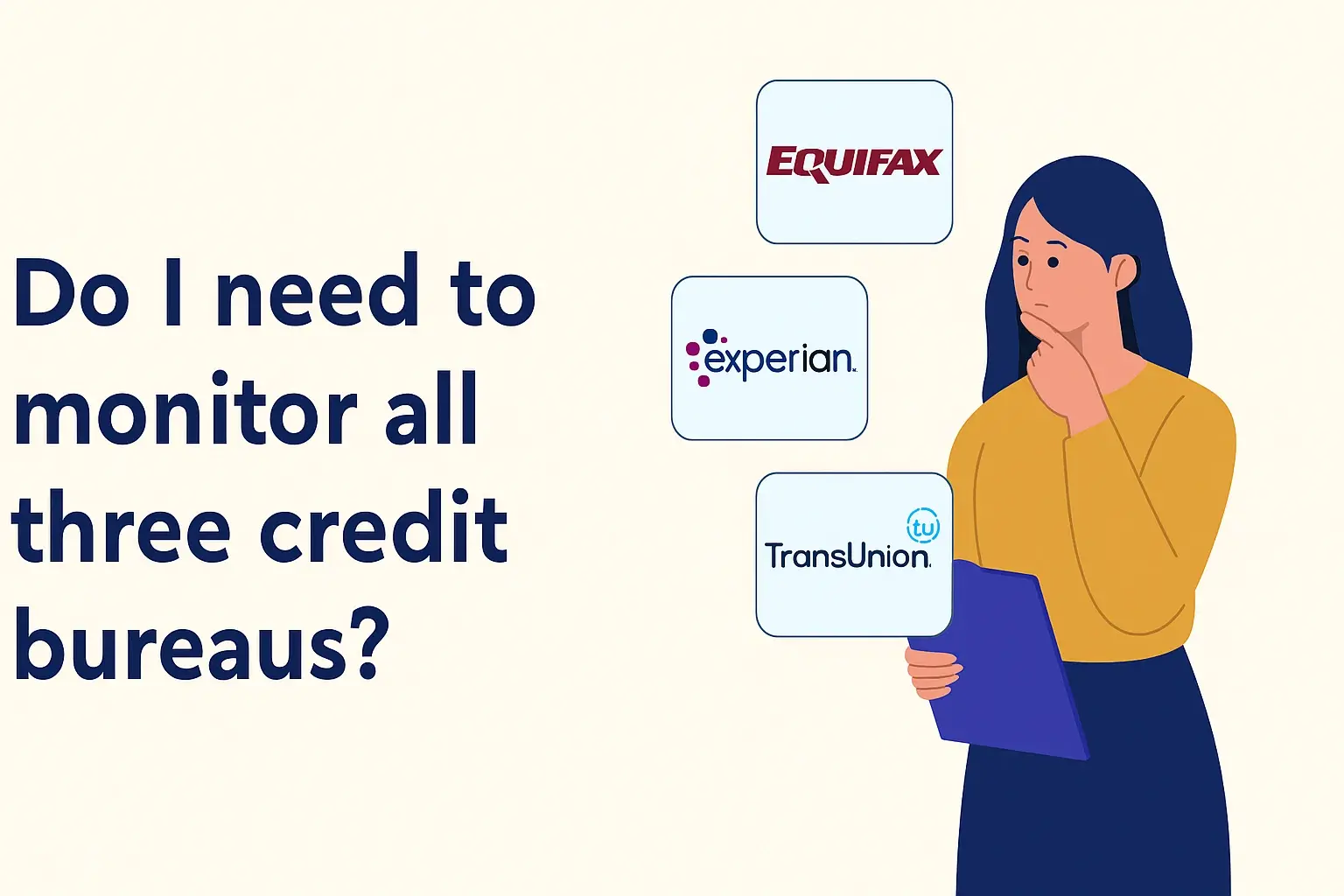The Elusive Definition of "Rich"
The question of "what paycheck is considered rich?" is deceptively complex. There's no single, universally accepted answer. What constitutes "rich" is subjective and influenced by a multitude of factors beyond just the raw dollar amount appearing on your paycheck. It's a moving target, affected by location, lifestyle, aspirations, and personal values. For some, a comfortable six-figure salary might feel like hitting the jackpot. For others, even double that amount might not feel like true wealth, especially when considering expenses and financial goals.
Beyond the Paycheck: A Holistic View of Wealth
Focusing solely on the paycheck often misses the bigger picture. True wealth isn't just about how much you earn; it's about your overall financial health. This includes factors like:
- Net Worth: The total value of your assets (investments, real estate, savings) minus your liabilities (debts, loans). A high net worth, even with a moderate salary, can provide a greater sense of financial security and independence than a large paycheck weighed down by debt.
- Cost of Living: $150,000 in San Francisco goes a lot less further than $150,000 in Wichita, Kansas. The local cost of living significantly impacts your purchasing power and how "rich" that paycheck feels.
- Debt Levels: High levels of debt (student loans, credit card debt, mortgages) can erode your financial stability, even with a large income. Someone earning less but with little to no debt may feel wealthier.
- Financial Goals: Are you saving aggressively for retirement? Putting money aside for your children's education? These goals require capital, and a large paycheck is only useful if it contributes to these objectives.
- Lifestyle: Do you live frugally, prioritizing experiences over material possessions? Or do you embrace a lavish lifestyle with expensive cars, designer clothes, and frequent travel? Your lifestyle choices drastically impact how far your money goes.
Income Thresholds: A Statistical Perspective
While the feeling of "rich" is subjective, we can look at income statistics to gain a more objective understanding of where you stand relative to others.
Income Percentiles and the "Top 1%"
Data from the IRS and other sources provide insights into income percentiles. Generally, being in the top 1% of income earners is often associated with being "rich." However, even the top 1% threshold varies significantly by location and year. As of 2024 (using estimated data based on past trends), to be in the top 1% nationally in the United States, you'd likely need to earn well over $800,000 annually. However, this figure can be much higher in high-cost areas like New York City or Silicon Valley.
Six-Figure Salaries: Comfortable, But Not Necessarily "Rich"
A six-figure salary ($100,000+) is undoubtedly a good income, placing you above the median household income in most areas. However, it doesn't automatically qualify you as "rich." Depending on your location, debt, and lifestyle, a six-figure income can simply provide a comfortable middle-class existence. In expensive cities, even $200,000 might not feel particularly wealthy.
Location, Location, Location: The Cost of Living Factor
The cost of living is a crucial factor in determining how "rich" your paycheck makes you. A salary that feels luxurious in a small town in the Midwest might barely cover basic expenses in a major metropolitan area.
High-Cost Areas: The Struggle to Keep Up
Cities like San Francisco, New York City, Boston, and Los Angeles have notoriously high costs of living, particularly when it comes to housing. Rent or mortgage payments can consume a significant portion of your income, leaving less for savings, investments, and discretionary spending. In these areas, even high-income earners can struggle to build wealth due to the sheer expense of everyday life.
Low-Cost Areas: Stretching Your Dollar Further
Conversely, in areas with a lower cost of living, such as many parts of the South and Midwest, your paycheck can go much further. Lower housing costs, taxes, and other expenses allow you to save more, invest more, and ultimately build wealth more quickly. A smaller paycheck in a low-cost area might actually provide a higher quality of life and greater financial security than a larger paycheck in a high-cost area.
Beyond Income: The Importance of Net Worth
As mentioned earlier, net worth is a crucial indicator of wealth. While a large paycheck can certainly contribute to building net worth, it's not the only factor. Smart financial decisions, such as saving diligently, investing wisely, and avoiding unnecessary debt, are equally important.
Building Wealth Through Investments
Investing your money allows it to grow over time, compounding your wealth and providing a passive income stream. A well-diversified investment portfolio, including stocks, bonds, and real estate, can significantly boost your net worth over the long term. Even with a moderate income, consistent investing can lead to substantial wealth accumulation over time.
The Power of Compounding
Albert Einstein supposedly called compound interest the "eighth wonder of the world." Compounding allows your earnings to generate more earnings, creating a snowball effect that can dramatically increase your wealth over time. Starting to invest early, even with small amounts, can have a significant impact on your long-term financial outlook.
The Psychological Aspect of Wealth
Ultimately, the feeling of being "rich" is subjective and depends on your individual values and priorities. Some people define wealth in terms of material possessions, while others prioritize experiences, relationships, and personal fulfillment.
Financial Freedom: The Ultimate Goal?
For many, the true definition of "rich" is financial freedom – the ability to live life on your own terms, without being constrained by financial limitations. This might mean being able to retire early, pursue your passions, travel the world, or simply have the peace of mind knowing that you have enough money to cover your needs and wants.
Redefining "Rich": It's Personal
Instead of focusing on a specific income threshold, it's more helpful to define what "rich" means to you personally. What are your financial goals? What kind of lifestyle do you aspire to have? Once you have a clear understanding of your own financial priorities, you can develop a plan to achieve them, regardless of whether or not you meet someone else's definition of "rich."
The Pursuit of Enough: Finding Contentment
Sometimes the pursuit of "rich" becomes an endless chase, leading to dissatisfaction and unhappiness. It's important to cultivate a sense of contentment and appreciate what you already have. Focus on building meaningful relationships, pursuing your passions, and contributing to something larger than yourself. True wealth is about more than just money; it's about living a fulfilling and meaningful life.












